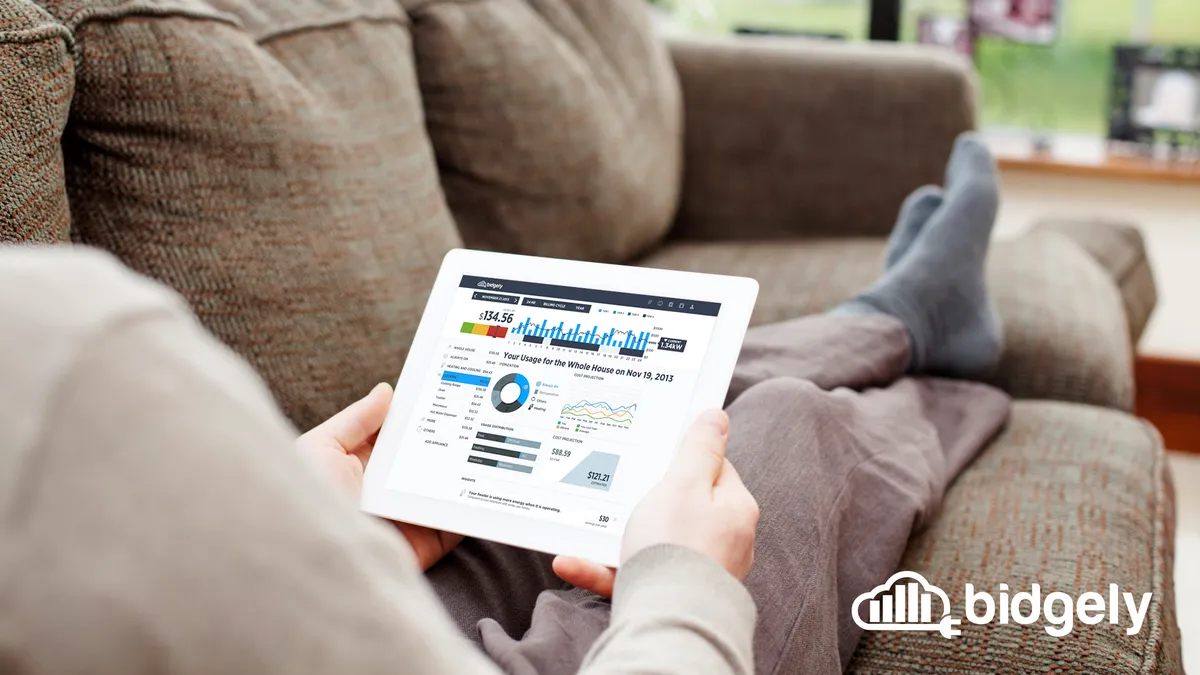Dive Brief:
- Grid modernization and the ability to crunch large amounts of customer data are among several factors leading utilities to embrace behavioral demand response programs, according to a new report from Navigant which predicts quick growth of the sector across the next decade.
- Annual global spend on data and behavioral-driven programs is expected to grow from $214.7 million in 2015 to $2.5 billion in 2024, the firm said.
- But while BDR programs have attracted utilities for their ease of deployment and relative low cost, Navigant found some utilities remain wary of change and unsure about the programs' long-term potential.
Dive Insight:
Behavioral demand response is a relatively new development, hinging on smart meter penetration and the ability to handle large volumes of customer data — and then turn analytic insights into cues capable of influencing customers.
“Behavioral and analytical DSM methods have recently emerged as discovering and promoting energy savings tools with the potential to reduce costs for energy consumers,” Paige Leuschner, research associate with Navigant, said in a statement. “In addition to being a tool for energy savings, utilities are also using these types of DSM as a means for expanding solution offerings and enhancing customer engagement and satisfaction.”
But because it is a new type of demand management, some utilities remain unsure of how to implement it, how long customers will appreciate it, and the accuracy and predictability of the resource.
"Due to the evolving nature of the market, and because these programs do not require equipment like many traditional energy efficiency programs, it can be a challenge to measure behavior change, the effect that programs have on changing behavior, and the accuracy of analytics platforms," the report noted in the executive summary.
There are also doubts about how customers will interact with the platforms over the long-term. Navigant's report points out there has been anecdotal evidence that customers enjoy and appreciate BDR programs, at least initially.
"Yet, there are still not enough results from DSM programs to show how people will respond to behavioral and analytical methods over time," the report said. There are also data privacy concerns, as "consumers have a lack of confidence in the ability of companies to prevent hackers from accessing their information."
Interest in analytics-driven programs and companies has been on the rise, of late.
Oracle announced this month it would acquire Opower, a major provider of cloud-based energy efficiency and customer engagement software to utilities, for $532 million. Opower's programs last summer included 1.5 million customers, through 29 called demand response events, and saved utilities 3% to 5% off peak demand.
Highlighting the global aspect of DR, also this month Bidgely announced it had helped Australian utility United Energy reduce load by 30% during peak events during the 2016 summer season, using financial incentives and an app that turned energy savings into a game.














